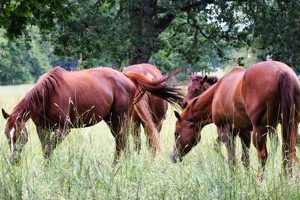
The name Mary Reibey may not ring a bell, but you might recall her face. Her likeness is on the front of our $20 banknote.
Mary Reibey arrived in Australia 230 years ago from England a convicted felon. Her rise to prominence is well-documented and kept safely in the Westpac archives because she was one of the Bank of New South Wales (now Westpac) first shareholders and former landlord.
But, what can a business owner learn from the life of Mary Reibey? Let's find out.
Take advantage of what's available to you
Born Molly Haydock, she stole a horse, dressed as a boy named James Burrow, at the age of 13. She had run away from service, and her need was great. Fortunately, her sentence was transported and she arrived in Sydney in 1972. She wed Thomas Reibey two years later.Together they raised a large family and became landowners and shipping merchants.
Mary's early story of conviction and transportation to a foreign land is not uncommon in Australia; the industrious nature of her family life and business interests is noteworthy. In fact, a well-known emancipist and governor of New South Wales, Lachlan Macquarie, praised Mary Reibey as a shining example of what integrating convicts back into society could accomplish for the colony.
Although it's not clear whether her status as an ex-convict "of good conduct and disposition to industry" was what got them a land grant, it does seem clear that with the land on Hawkesbury River, they were quite industrious. They farmed several properties, built a home and started a cargo business.
Gain management experience (however it presents itself)
The family eventually moved to a large stone residence named Entally House near what's known as Macquarie Place in Sydney.
While Mary's husband was alive, they often spent months apart and she had to learn to manage the businesses in Sydney whilst her husband took care of their farms and properties along the Hawkesbury River. And, when Thomas Reibey passed away in 1811 (after 17 years of marriage), Mary took over extensive property and several businesses including:
- Owner of seven farms.
- Proprietor of a Bass Strait sealing operation.
- Owner of a mercantile and shipping business.
- Landlady and founding shareholder of the Bank of New South Wales.
Following her husband's death, widow Reibey pursued other business interests and purchased land in and around Sydney, according to archival records.
Mary Reibey also became well known for her philanthropic efforts, but it was her reputation as a shrewd businesswoman that endured and is sealed to our prosperity in the form of our $20 banknote.



